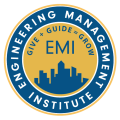The Ultimate Facade Inspection Laws You Need To Know For Parking Garages

Facade inspection laws (also referred to as exterior wall inspection laws) exist to protect public safety and extend the life of a building’s exterior. New York City was a pioneer in this area, enacting the first facade inspection law in 1980 (Local Law 10/1980). This came in response to several high-profile incidents in the late […]
Blueprint for Success: The Importance of Skill Mapping for Engineering Teams
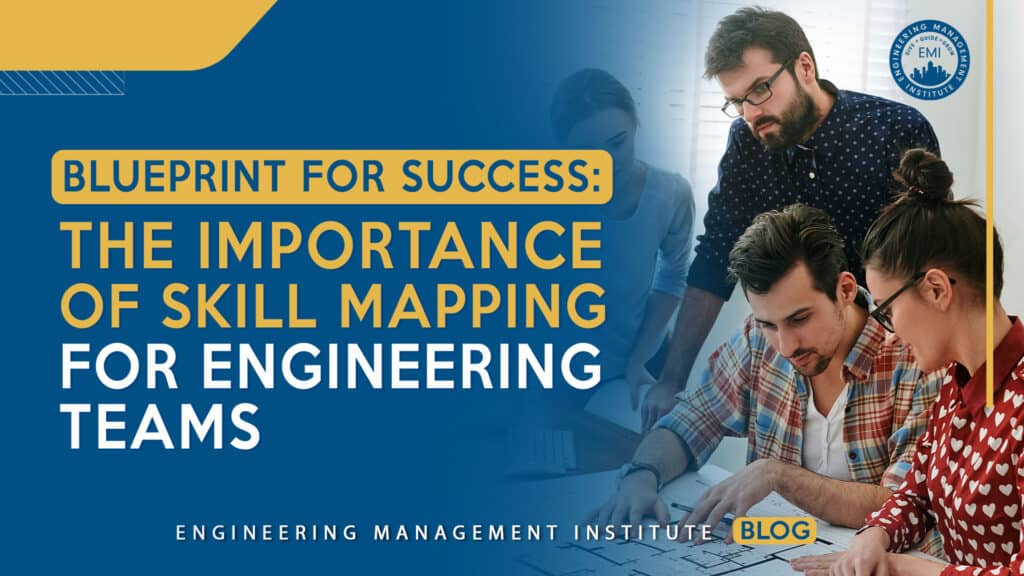
In today’s rapidly evolving engineering landscape, success hinges not just on technical expertise but on a strategic approach to skill development and workforce planning. Skill mapping for engineering teams emerges as a pivotal tool in this endeavor, helping organizations align their engineering talent with current demands and future challenges. By systematically identifying, categorizing, and assessing […]
Women, It’s Time to Unlock Your Superpowers and Lead the Way

I believe women are born to be leaders. You might not agree, or maybe you’re too humble to admit it. I get it— I’ve been there. I’ve had moments when I downplayed my achievements, wondering if I really belonged in spaces dominated by men. Growing up Catholic, I often gave credit to God for putting […]
The Amazing Willpower Of Women Pioneers In Engineering

“Empowerment is not about being given power, but about claiming your own.” ~ Unknown Women pioneers in engineering have shaped the profession through their remarkable contributions and groundbreaking achievements. But beyond their technical expertise, it is their defining characteristics that set them apart. These women exhibited qualities that allowed them to overcome societal barriers, thrive […]
Eye-Opening Reasons Why a Brand Ambassador Role Will Make You More Successful

When I became a partner at my marketing consulting firm 20 years ago, I didn’t think of myself as a brand ambassador. I thought it was enough to list my title and perform excellent work. While credibility and quality results are important for sustainable leadership, the age of information (and now AI) require more of […]
Break Free from the Leadership Rut with This Sure Fire Strategy for Success
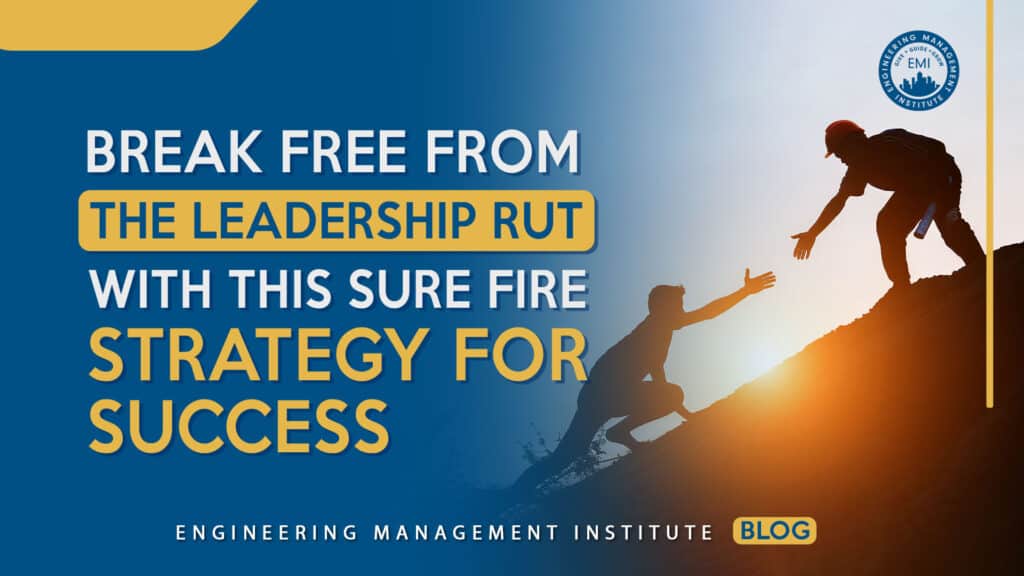
How to break free from the leadership rut and reignite your passion: When I first became an Engineering Resource Manager, I thought my main job would be overseeing projects, making sure deadlines were met, budgets were respected, and everything ran smoothly. But I quickly learned that managing resources, a.k.a people, is the real challenge. And […]
How to Apply the Kirkpatrick Model for Jaw-dropping Training Success
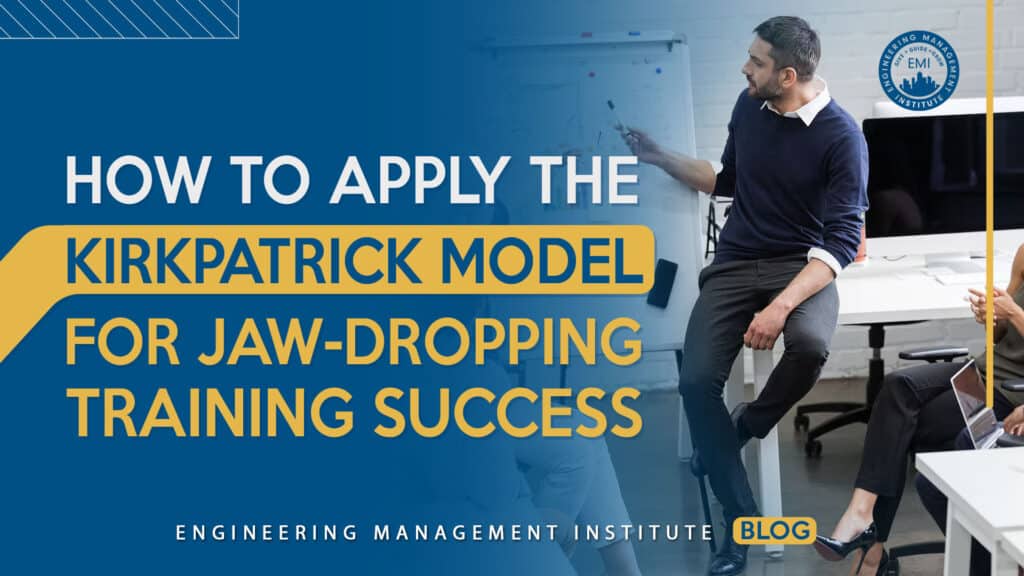
In engineering, training is only as valuable as its impact on real-world performance. Whether it’s learning new software, adopting safety protocols, or improving project management, the ultimate goal is application and measurable results. But how do you evaluate whether or not a training program actually delivers? Enter the Kirkpatrick Model, a time-tested framework for assessing […]
Socially Responsible Engineers and the Astonishing Ways They Impact Society
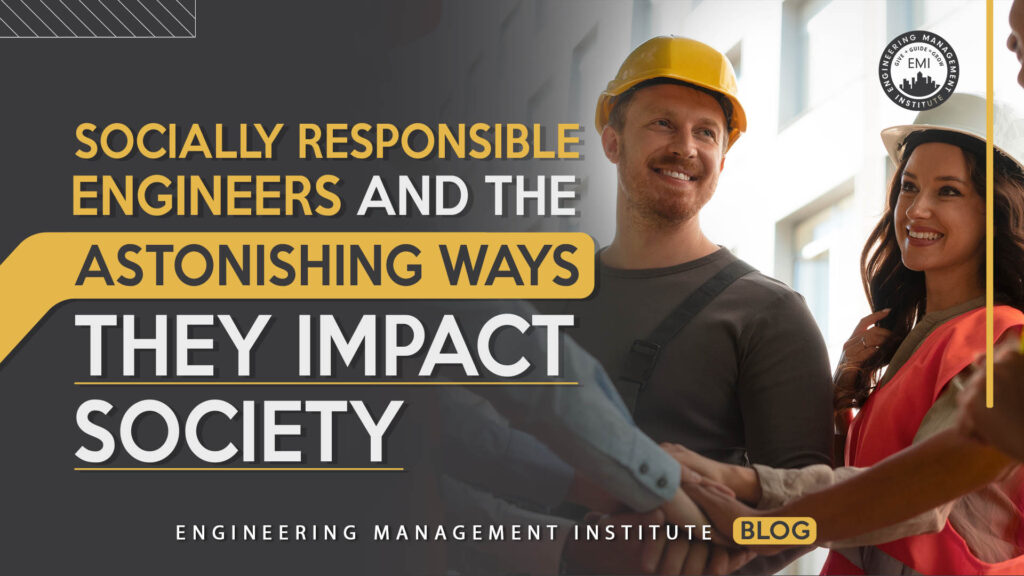
In a corner of the globe where skyscrapers dominate the skyline, a different kind of revolution is brewing—below the radar, but above expectation. It’s the story of how socially responsible engineers, with their technical expertise and deep compassion for people and the planet, put humanity back into the heart of their communities. This narrative doesn’t […]
How These 3 Simple Habits Will Make You a Better Engineering Leader

Leadership is a skill that can be learned and developed. The development process, like almost anything in life, is an iterative process where we must continue to refine and improve day by day. Here are three iterative activities and intentions you can take to make you a better engineering leader, whether or not you have […]
Quick Tips for Goal Setting to Empower Engineering Leaders

“It’s not about being the best. It’s about being better than you were yesterday.” ~ Unknown In the fast-paced world of engineering and technology, effective goal setting is crucial for driving success and fostering leadership. It serves as a roadmap, guiding individuals and teams toward their aspirations while promoting accountability and collaboration. By establishing clear […]
